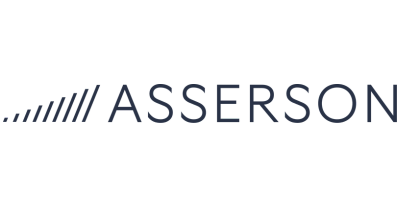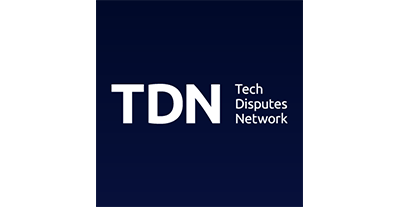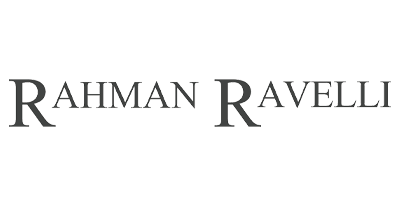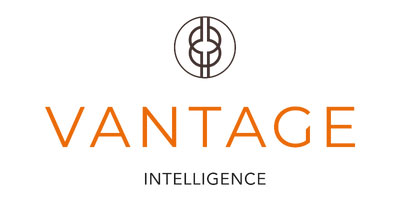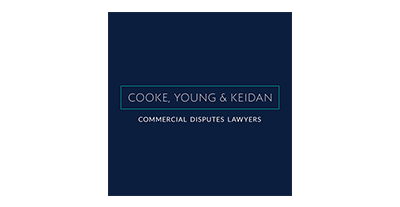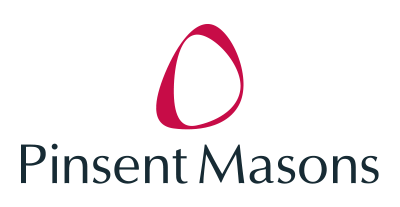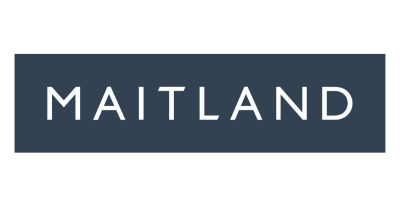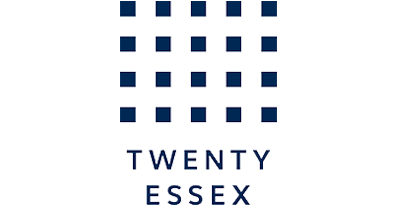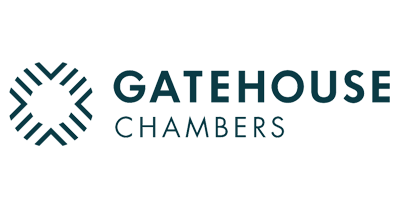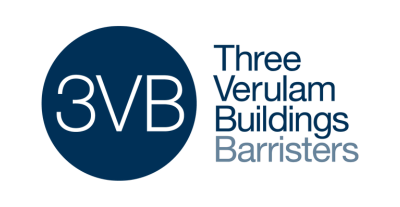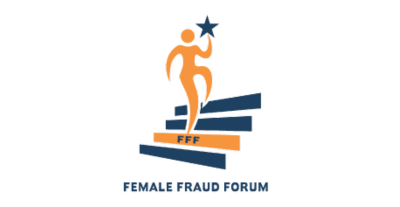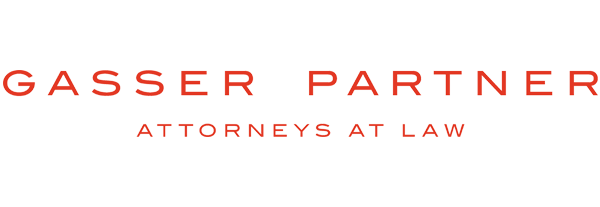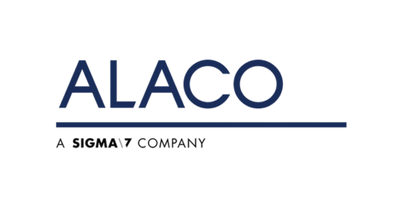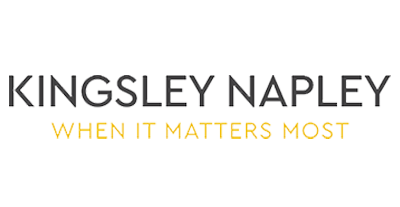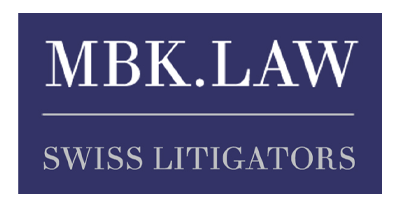Knowledge Hub
Join the Conversation!
Impartial and independent, ThoughtLeaders4 FIRE Knowledge Hub hosts cutting edge industry content and insight.
Email maddi@thoughtleaders4.com to submit content.
Decentralised Autonomous Organisations (DAOs) and Regulation
Date: 08/09/2023 Type: Articles Topic: FIRE | Insolvency | Civil Fraud | International | Enforcement | Offshore | Asset Recovery |Syed Rahman outlines the questions that require answers regarding decentralised autonomous organisations.
The metaverse and Web3 have been the buzzwords to drop lately. And decentralised autonomous organisations (DAOs) can be viewed in a similar light.
Yet what needs to be emphasised about DAOs is that they are currently in a legal grey area, as they do not relate to something similar that has previously been defined.
What are DAOs?
DAOs are, in simple terms, structures that primarily operate on the internet and consist of communities of people or entities, without one individual or entity necessarily being in charge. Notwithstanding the various difficulties such organisations may pose, the current government has made it clear it wishes to regulate them as part of its attempt to see the UK become a global crypto hub.
The way in which DAOs operate is quite often underpinned by the technology on which they operate. The group decision-making process utilised within DAOs frequently takes place through structures of smart contracts. Decisions stemming from such votes can be registered through NFTs on the blockchain and voting rights can be determined by cryptocurrency ownership.
DAOs and the law
DAOs can be used for many different purposes, ranging from proposal execution, software development and crowdfunding through to multi-party investment schemes. With their implementation now being more commonly seen within the metaverse and there being no set ‘play-book’ on how they are to be structured or operated, it is no wonder the government set out a call for evidence in November 2022 on this very point.
The Law Commission was asked to undertake a 15-month scoping study to explore and describe the current treatment of DAOs under the law of England and Wales and identify options for how they should be treated in law in the future. The Law Commission’s call for evidence is simplistic in nature at this point. It simply seeks to gather submissions from users and experts on how best to characterise DAOs and how to accommodate them now and in the future under the laws of England and Wales.
As with many crypto-backed entities and technologies, one of the fundamental principles of DAOs is that they operate differently to more traditional financial systems. The regulatory framework that is in place to govern these more traditional practices may not, therefore, be suitable for addressing the innovation and issues associated with DAOs.
Issues Surrounding DAO Regulation
One of the primary issues concerning DAOs is that as they do not have an individual figure head, there is no one single person or entity to make executive decisions. This has implications in terms of anti-money laundering and ‘know your client’ requirements for entities looking to work with or alongside DAOs.
Without it being possible to place responsibility on one single person, questions have been raised about how to establish precisely ‘who’ is behind such an organisation - and how one can ensure they are compliant with the myriad of anti-money laundering and anti-terrorist financial regulations currently in place.
Moreover, when disputes arise concerning DAOs, it is not necessarily apparent who such a dispute can or will be brought against. Notwithstanding whether a DAO can be party to a claim, there is also the issue of what jurisdiction such an organisation will be governed by. Recent events have shown that foreign arbitration clauses are not necessarily bulletproof terms of service - and there is the legitimate concern that this issue may further muddy the waters.
In light of these issues, the Law Commission’s call for evidence at this point seeks to deal with the following issues:
- When would a DAO choose to include an incorporated entity into its structure?
- What is the status of a DAO’s investors / token-holders?
- What kind of liability do or should developers of open-source code have (if any)?
- How does / should the distinction between an incorporated company (or other legal form or incorporated entity) involved in software development and an open-source smart contract-based software protocol operate as a matter of law?
- How do DAOs structure their governance and decision-making processes?
- How do money laundering, corporate reporting and other regulatory concepts apply to DAOs?
- Who is liable for taxes if the DAO makes a profit?
- Which jurisdictions are currently attractive for DAOs? And why?
Given that we are very much in the infancy stage of setting out precisely what a DAO is in the context of the laws of England and Wales, any predictions as to how the landscape will develop can only be largely speculative. That said, given the Law Commission’s most recent activity, there is no doubt that developments are set to go hand-in-hand with the government’s overall plan to regulate the crypto ecosystem.
Author: Syedur Rahman (Partner) at Rahman Ravelli
Author
Syedur Rahman (Partner)
Our FIRE Corporate Partners











